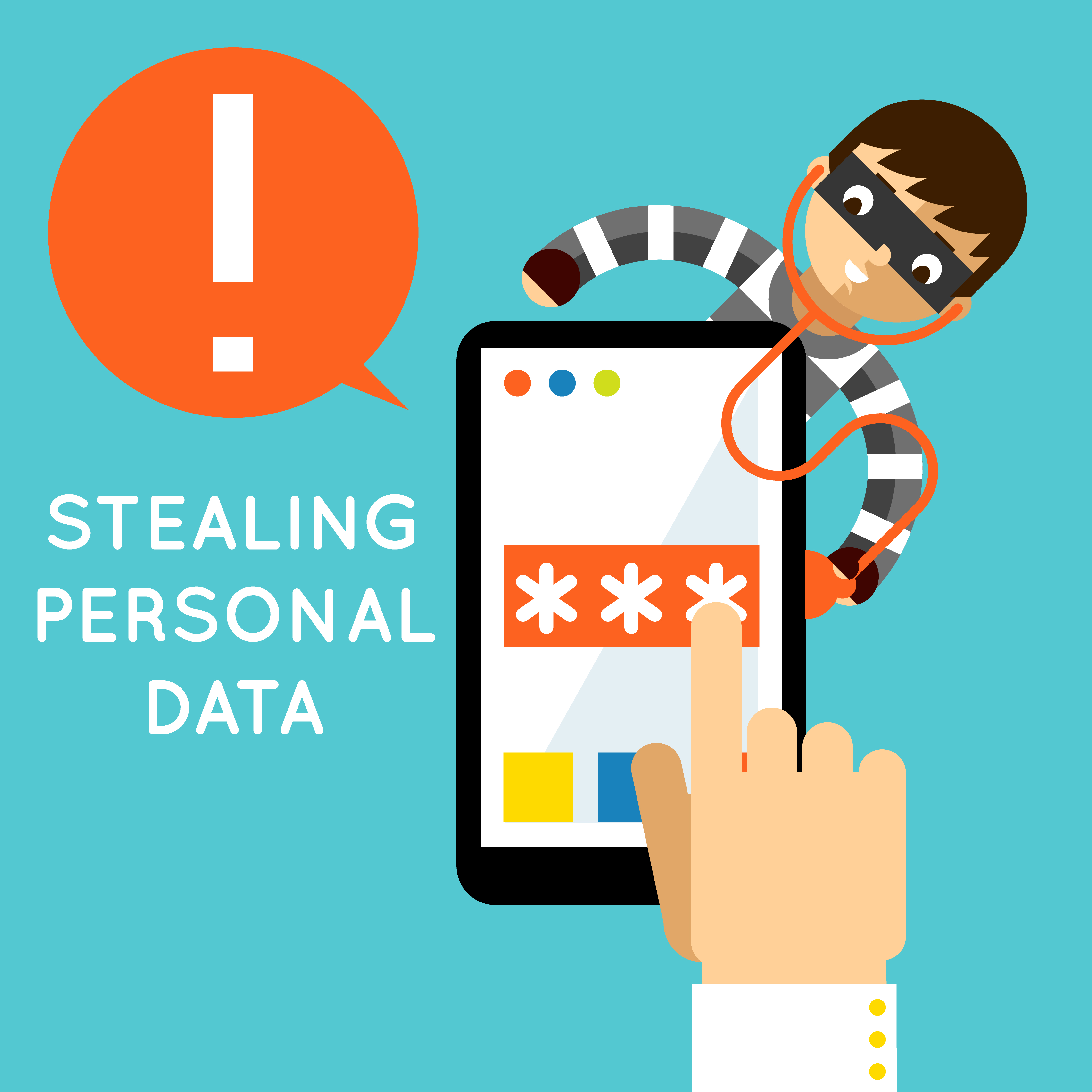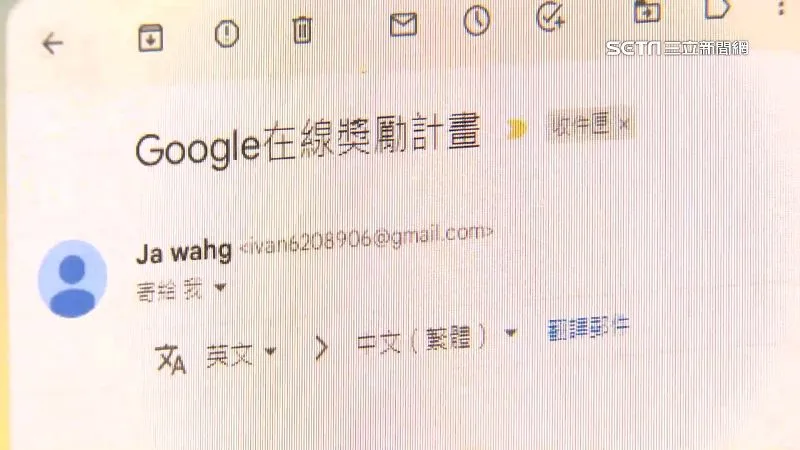Recently, many people have reported receiving an email titled "Google Online Reward Program" while using Gmail. Upon opening the email, it requests personal information, leading many to fall into the scam trap and resulting in personal data leaks. Cybersecurity experts remind users to check if the sender's address is related to Google and remember that Google does not send such messages. Don't risk major losses for minor gains.
Scam Emails Abound: Serious Consequences of Clicking on Suspicious Links
Checking emails daily is a routine for many, but if you receive an email titled "Google Online Reward Program," you might feel delighted, mistakenly thinking you've reached some milestone. However, such emails are new tactics from scam groups aiming to trick victims into clicking and providing personal information.

These scam emails claim that users have conducted the 18.25 billionth search on Google and selected a lucky user to receive a thank-you gift. (Illustration: Screenshot from freepik)
Highly Deceptive Fake Emails
These scam emails claim that users have conducted the 18.25 billionth search on Google and selected a lucky user to receive a thank-you gift. Once the link in the email is clicked, the victim's personal data, credit card numbers, and passwords are likely to be stolen immediately.
Information Experts' Warning
Information expert Max states, "Google will not proactively inform you of your luck and decide to reward you. Such messages are scams." Scammers exploit people's desire for gifts by sending emails that mimic official ones, asking recipients to answer a few questions to receive a small gift, deceiving many users.
How to Identify Authenticity
Max suggests that to identify the authenticity of a message, first, check if the sender's address is related to Google. Typically, billing-related emails will come from noreply@google.com, while general reply emails will use support@google.com. Additionally, the language used in the email can also be an indicator. Since Google supports Traditional Chinese, if the email uses English, users should be more alert.

People should remain vigilant and not trust reward emails from unknown sources to avoid falling victim to scams. (Image: Screenshot from freepik)
Preventing Scams, Stay Alert
To avoid becoming a scam victim, people should remain vigilant and not trust reward emails from unknown sources. If you receive a suspicious email, first verify the sender's address and the content of the email to avoid personal data leaks and financial losses due to momentary carelessness. Scam groups use various methods to commit fraud, so people need to be highly alert and avoid trusting unknown emails and reward programs. Information experts recommend always checking the sender's address and email content, and staying vigilant to avoid major losses.







